The cos θ is the denominator of the tangent function The cos θ is zero when θ = ± π /2, ±3 π /2, ±5 π /2, and so on The tangent is not defined for these values of θ since a fraction denominator of zero is undefined math and explains why the tangent graph lines approach, but never reach cos θClick here👆to get an answer to your question ️ Find general solution of costheta cos 2theta cos 3theta = 092 Systems of Linear Equations Three Variables;
M7ae8czsw4qdqm
Cos(π/2-θ)
Cos(π/2-θ)-2 Thus Z 2π 0 1 acos2 θ dθ = π √ a2 a (a > 0) Some integrals over intervals that are a fraction of an interval of length 2π can be transformed into an integral over an interval of length 2π by symmetry considerations, and thus integrated by residues For example, compute Zπ/2 0 1 a cos2 θ dθ, still with a > 0 2340 sin θ − 1251 cos θ =2660 cos (θ 1081) Checking using a graph, we obtain the following for each side of our answer We see that our negative cosine curve has an amplitude of 2660 and it has been shifted to the left by 1081 radians, which is consistent with the expression −2660 cos ( θ 1081)



Inverse Trigonometric Functions Precalculus Ii
Like sin 2 θ cos 2 θ = 1 and 1 tan 2 θ = sec 2 θ etc Such identities are identities in the sense that they hold for all value of the angles which satisfy the given condition among them and they are called conditional identities Trigonometric Identities With Examples定義 角 この記事内で、角は原則として α, β, γ, θ といったギリシャ文字か、 x を使用する。 角度の単位としては原則としてラジアン (rad, 通常単位は省略) を用いるが、度 (°) を用いる場合もある。 1周 = 360度 = 2 π ラジアン 主な角度の度とラジアンの値は以下のようになる: So, for every point on circle, we have a 2 b 2 = 1 or cos 2 x sin 2 x = 1 Since a complete revolution creates an angle of 2π radian = 360°, we have ∠AOB = π/2, ∠AOC = π and ∠AOD = 3π/2 Angles that are multiples of π/2 are called quadrantal angles The coordinates of the points A, B, C and D are already provided in the figure
=cos π/4 ∵ cos(2nπθ)= cosθ , n ∈ N =1/√2 (xiv) sin (151π/6) Solution sin (151π/6) = sin (25ππ/6)10 r ( x, y) θ O y x Definition 21 Trigonometric Functions of a General Angle Let θ be an angle in standard position and suppose that ( x , y ) is any point other than ( 0 , 0 ) on the terminal side of θ(Figure 23)If r = x2 y2 is the distance between ( x, y ) and ( 0 , 0 ), then the six trigonometric functions of θ are defined by Using similar triangles, you can see that the values In triangle GHI, angle H is a right angle, GH=40, and cos G=40/41 Find each value in fraction and in decimal form a sin G b sin I c cot G d csc G e cos I f sec H Trig Given that csc θ = 4 and tan θ > 0, find the exact value of a x b sin θ c cos θ d r e sec θ f cot θ
Trigonometric identities involving sine and cosine The fundamental identity cos2(θ)sin2(θ) = 1The complementary angle equals the given angle subtracted from a right angle, 90° For instance, if the angle is 30°, then its complement is 60° Generally, for any angle θ, cos θ = sin (90° – θ) Written in terms of radian measurement, this identity becomes cos θClick here👆to get an answer to your question ️ If tan (picos theta) = cot (pi sintheta) than a value of cos ( theta pi/4 ) among the following is



The Trigonometric Ratios Of Angl




Deriving The Angle Sum And Difference Identity For Sine Teewaico
Check the below NCERT MCQ Questions for Class 11 Maths Chapter 3 Trigonometric Functions with Answers Pdf free download MCQ Questions for Class 11 Maths with Answers were prepared based on the latest exam pattern We have provided Trigonometric Functions Class 11 Maths MCQs Questions with Answers to help students understand the concept very wellπ 2 we obtain cos θ − π 2 ≡ cosθ cos π 2 sinθ sin π 2 ≡ cosθ (0)sinθ (1) ie sinθ ≡ cos θ − π 2 ≡ cos π 2 −θ This result explains why the graph of sinθ has exactly the same shape as the graph of cosθ but it is shifted to the right by π 2 (See Figure 29 on) = 1 = cos(π 4) sin(π 6) = 1 2 cos(π 6) = √ 3 2 sin(π 2) = 1 cos(π) = −1 7 Trigonometric identities If n is a positive integer, then one write sinn(x) for (sin(x))n Likewise, for the cosine and other trigonometric functions The Pythagorean theorem may be expressed as sin2(θ)cos2(θ) = 1 As an arclength of 2π corresponds to a




Trigonometric Identity Review Trigonometry Identities Reciprocal Identities Sin 8 Cos 8 Tan 8 Quotient Identities Tan 8 Cot 8 Ppt Download




Find Cos Pi 2 Theta Cos 3pi 2 Theta Cos 5pi 2 Theta Cos 7pi 2 Theta Upto Youtube
Answer (1 of 9) Euler's Formula is e^{i \theta} = \cos \theta i \sin \theta We know given real \theta then \cos \theta and \sin \theta are real, so taking the conjugate of both sides yields e^{i \theta} = \cos \theta i \sin \theta We can substitute \theta for \theta into Euler andIntroduction to Systems of Equations and Inequalities; =>θ = nπ (−1) n (π/6) ;
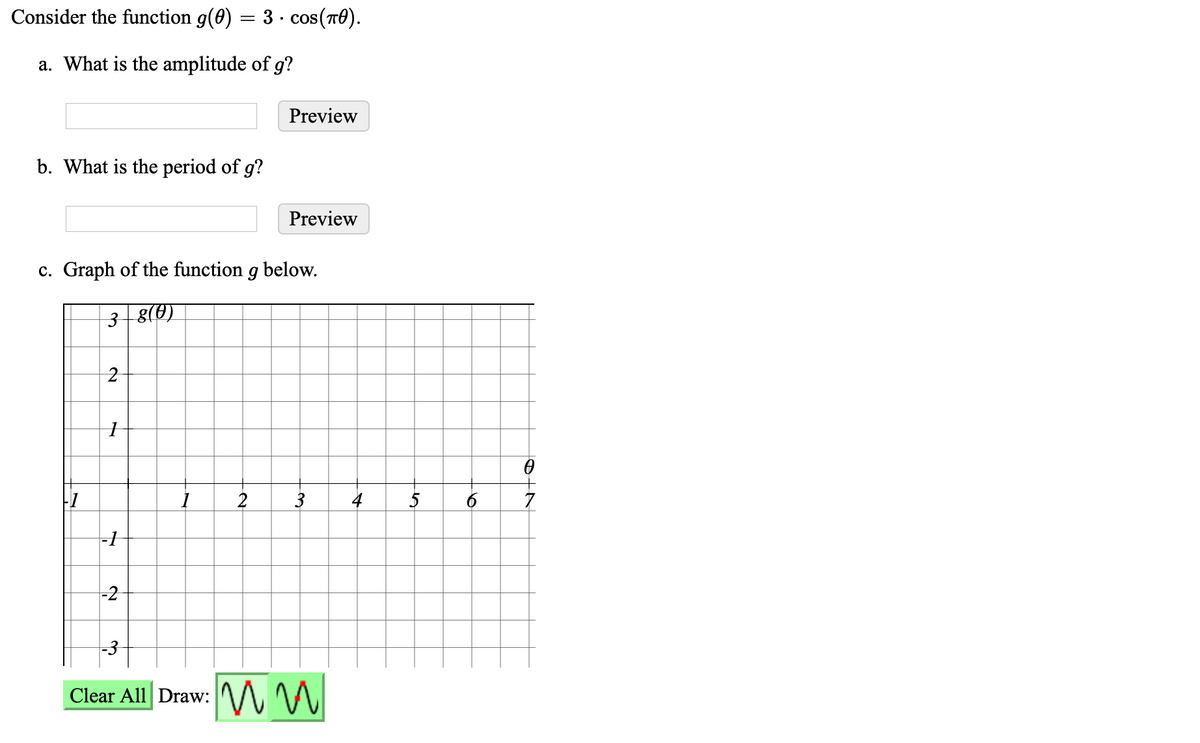



Answered Consider The Function G 0 3 Bartleby



Graph Sine And Cosine Functions
Answer (1 of 5) Hi, I can see that people have come up with many different methods like using trigonometric identities like sin^2 ({\theta}) cos^2 ({\theta})= 1 and then finding out the value of tan {\theta} I will be explaining this question in a method which I think is the easiest and makes96 Solving Systems with Gaussian Elimination; By comparison with the spring, for the pendulum T = 2 π (L/g) 1/2 and f = 1/T = (1/2 π)(g/L) 1/2 and Θ = Θ max cos (2 π/T) 11 Given x(t) = 001 m cos (002 π s1 t π/2) compare with x(t) = A cos (2πt/T δ) and find the amplitude A = 001 m;




Cos Pi 2 X Cos Pi 2 Theta Youtube




What Is The Equation Of The Tangent Line Of R 2cos Theta Pi 2 Sin 2theta Pi At Theta Pi 4 Homeworklib
Proportionality constants are written within the image sin θ, cos θ, tan θ, where θ is the common measure of five acute angles In mathematics, the trigonometric functions (also called circular functions, angle functions or goniometric functions) are real functions which relate an angle of a rightangled triangle to ratios of two side lengthsThe (π/2θ) formulas are similar to the (π/2θ) formulas except only sine is positive because (π/2θ) ends in the 2nd Quadrant sin (π / 2 θ) = cosθ cos (π / 2 θ) = sinθAs previously mentioned, the functions sin x and cos x are periodic with period 2 π sin(x 2 kπ) = sin x and cos(x 2 kπ) = cos x for any k ∈ Z Graphically, this means that once we have drawn a full period of each of the graphs of sin x and cos x, say in the interval 0, 2 π, we can obtain the full graphs of these two functions by



Lesson The Amazing Unit Circle Trigonometric Identities




Sin Pi 2 X Cot Pi 2 X Sinx Trigonometric Identities With Related Acute Angle Youtube
N ∈ Z (ii) cos θ = −√3/2 Solution We are given, => cos θ = −√3/2 => cos θ = cos (π π/6) => cos θ = cos (7π/6) We know if cos θ = cos a, the general solution is given by, θ = 2nπ ± a ;Answers Click here to see ALL problems on Trigonometrybasics Question If cosθ=3/5, find cos (π/2θ) Write your answer as a fraction Found 2 solutions by MathLover1, ikleyn Answer by MathLover1 (149) ( Show Source ) You can put this solution on YOUR website!Find the exact value of cos( pi/2 theta ) = sin theta




Cos Pi 2 Theta Sec Theta Tan Pi Theta Sec 2pi Theta Sin Pi Theta Cot Pi 2 Theta Maths Trigonometric Functions Meritnation Com



Inverse Trigonometric Functions Precalculus Ii
– π < θ 1 , θ 2 ≤π Thus z 1 z 2 = z 1 z 2 {cos(θ 1 θ 2 )isin(θ 1 θ 2 )} Hence the point representing z 1 z 2 is obtained by rotating line segment OP ( where P represents z 1) through arg z 2 and then dilating the resulting line segment by a factor of z 2 In particular , multiplying a complex number z by i=cos π 2 isin π 291 Systems of Linear Equations Two Variables;97 Solving Systems with Inverses;




Reduction Formula For Int 0 Pi 2 Cos M Theta Sin N Theta D Theta Mathematics Stack Exchange
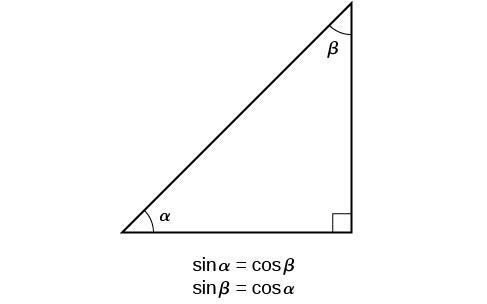



Why Is Cos Pi 2 Theta Sin Theta
If θ is an acute angle and secθ=44 then cosθ =1/4θ True, because secθ = 1/cosθ Decide whether the following equation is true or false tan π/10 = cot (9π/10) False, because tanθ = cot (π/2θ) That means tan π/10 = cot (π/2 π/10) = cot (2π/5) For an angle θ that lies in quadrant III, the trigonometric functionsConclusion The chart of variations of cosθ vesus θ from 0 to 2π as well as the corresponding graph are shown below Example 2 Verify the following equalitycos(90) 5cos(0°) 6cos(180°) 45cos(270) = 11 Solution Always, leave one side untouched, and work on the other side until both sides prove to be equalIn this example, the left side can be worked on;Remember that cos2 θ means (cosθ)2 = cosθcosθ Two other important identities can be derived from this one Dividing both sides of (6) by cos2 θ we obtain cos2 θ cos 2θ sin2 θ cos2 θ = 1 cos θ ie 1tan 2θ = sec θ If we divide both sides of (6) by sin2 θ we get cos2 θ sin2 θ sin2 θ sin 2θ = 1 sin θ ie cot2 θ 1 = csc2 θ
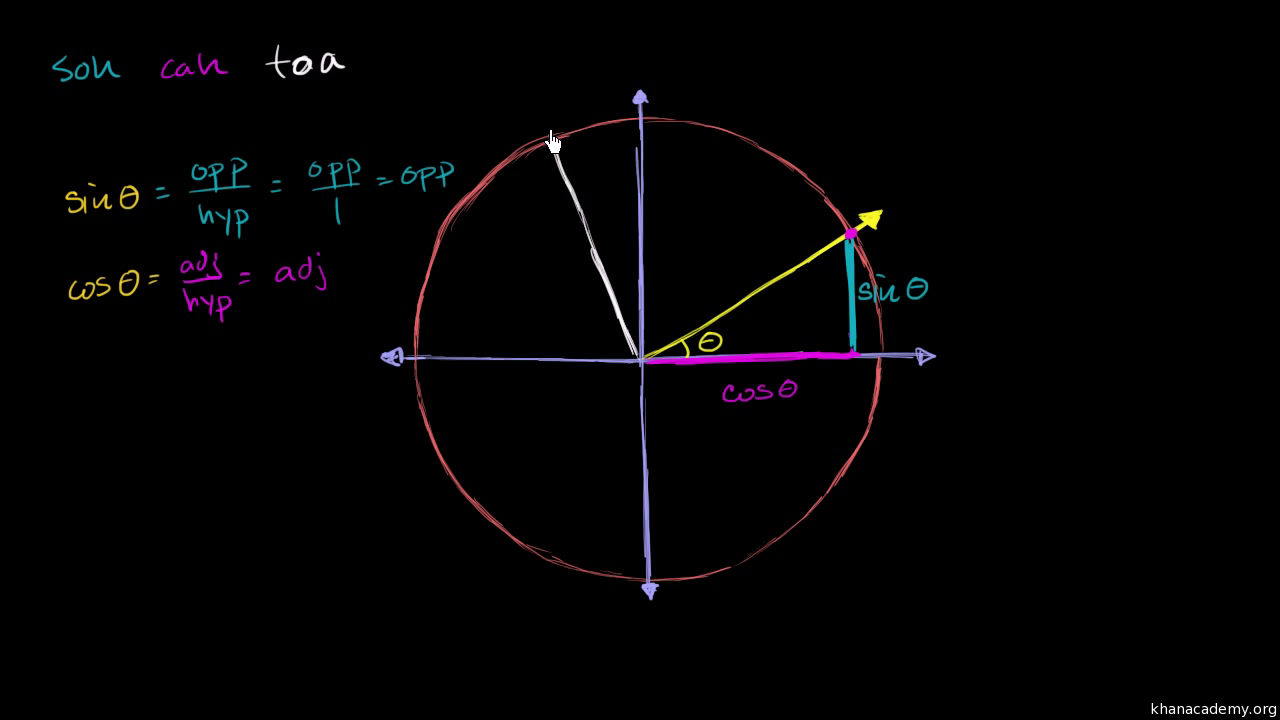



Sine Cosine Identities Periodicity Video Khan Academy




How To Solve The Trigonometric Equation Cos Pi Theta Beta Cos 2 Pi Theta Beta 0 Mathematics Stack Exchange
Find stepbystep Precalculus solutions and your answer to the following textbook question Use identities to find the value of the expression if sin θ = 045, find cos (π/2 θ)2 π/T = 002 πCos 2 cos sec 2 sec tan tan cot cot nn nn nn θ πθθπθ θπ θ θπ θ = = = = = = Double Angle Formulas ( ) () 22 2 2 2 sin 2 2sin cos cos 2 cos sin 2cos 1 12sin 2tan tan 2 1tan θ θ θ θθθ θ θ θ θ θ = =− =− =− = − Degrees to Radians Formulas If x is an angle in degrees and t is an angle in radians then 180 and txt
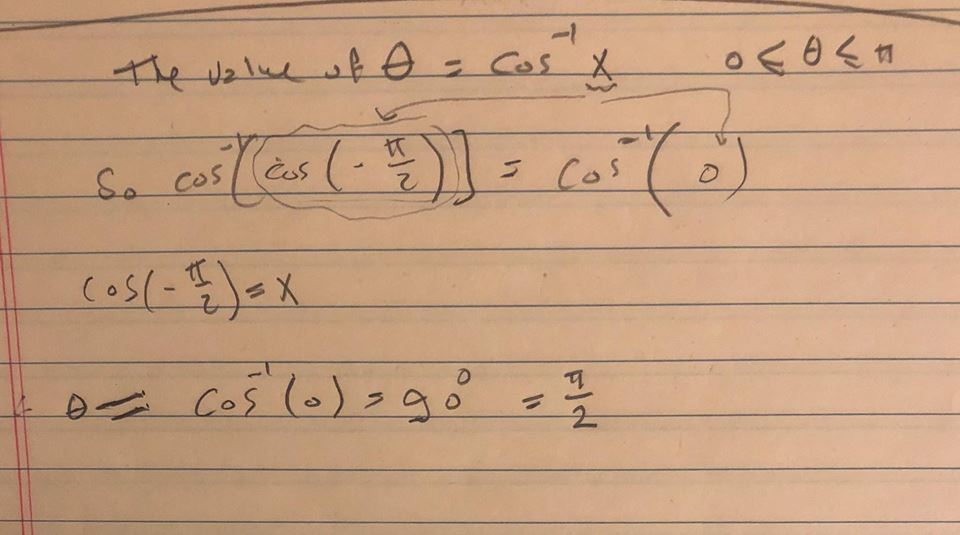



How Do You Evaluate Cos 1 Cos Pi 2 Socratic




Trigonometric Functions
This is a well used trig relation along with #sin(pi/2theta)# that is #cos(pi/2theta)=sintheta" and " sin(pi/2theta)=costheta# Basically sin(angle) = cos(complement)Thus, sin θ and cos θ are called periodic functions with period equal to 2 π 931 Some remarkable angles In some courses, you are not allowed to use a calculator on a test Test questions are usually designed so that you only need to memorize the trigonometric function values for a few special angles that we call "remarkable"If 3 cos θ − sin θ = 1 3 \sqrt{3}\cos \theta\sin \theta=\frac{1}{3} 3 cos θ − sin θ = 3 1 and 0 < θ < π 2, 0 < \theta < \frac{\pi}{2}, 0 < θ < 2 π , the value of 3 sin θ cos θ \sqrt{3}\sin \theta\cos \theta 3 sin θ cos θ can be expressed as a 3 \frac{\sqrt{a}}{3} 3 a What is the value of a?




Sin Pi 2 Theta Cos 3pi 2 Theta Tan 5pi 2 Theta Cot 7pi




Geometric Proof Of Sin Frac Pi2 Theta Cos Theta For Theta Frac Pi2 Mathematics Stack Exchange
公式の導き方を覚えちゃえば楽勝だよ! /word_balloon ひとつひとつの公式を覚えていっても良いのですが結構大変です (^^;) 今回は三角関数の中でも、 や の形をした三角関数の公式とその導き方を伝えていきます。 記事の内容 ・θ+π/2,θπ三角関数のSince θcos2θ > 0for 0< θ < π/2and π/2< θ < π This in contrary to the result above It is beyond the scope of the course to go into too much detail about this issue So we conclude with a simple warning to use caution when evaluating similar integralsCos 5x 2 (c) 2sin π 4 −3θ cos π 4 θ (d) 2sin165°cos105° 12 Linear combinations of sin and cos Expressions of the form acosθbsinθ, for constants a and b, involve two trig functions which, on the surface, makes them difficult to handle After working through the following activity, however, you should be able to see that such




Solved Sin Theta Quad Cos Theta Quad Sin 2 Theta 2 Pi 2 Pi Find The Value Of The Determinant Begin Array C Sin



List Of Trigonometric Identities
95 Matrices and Matrix Operations;93 Systems of Nonlinear Equations and Inequalities Two Variables;θ = 9 π 4 is not on the unit circle because it is greater than 2π The first step is to find a coterminal angle between 0 and 2π θ = 9 π 42 π θ = 9 π 48 π 4 θ = π 4 The coordinates for θ = π 4 are 2 2 2 2 Use those in the trigonometric functions and evaluate



How To Simply Prove That Cos P 2 X Sinx Quora




How Do You Find Exact Value Of Cos Pi 2 Socratic
If sec θ tan θ = p then prove that (p^2 1)/(p^2 1) = sin θ asked in Trigonometric Identities by VinodeYadav ( 357k points) trigonometric identities3 2 53, 3 44 11 5, 12 12 θ θ θ π ⇒ −=− 3sin cos 2sin 2 3cos (multiplying both sides by 2) 2 3 sin 1 2 3 cos xx x x xx x x x x x xThe fundamental identity cos 2 (θ)sin 2 (θ) = 1 Symmetry identities cos(–θ) = cos(θ) sin(–θ) = –sin(θ) cos(πθ) = –cos(θ) sin(πθ) = –sin(θ
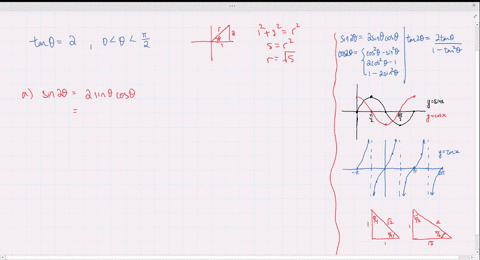



Solved Find The Exact Values Of Sin 2 Theta Cos 2 Theta And Tan 2 Theta Subject To The Given Conditions Cos Theta Frac 4 5 Pi Theta Frac 3 Pi 2
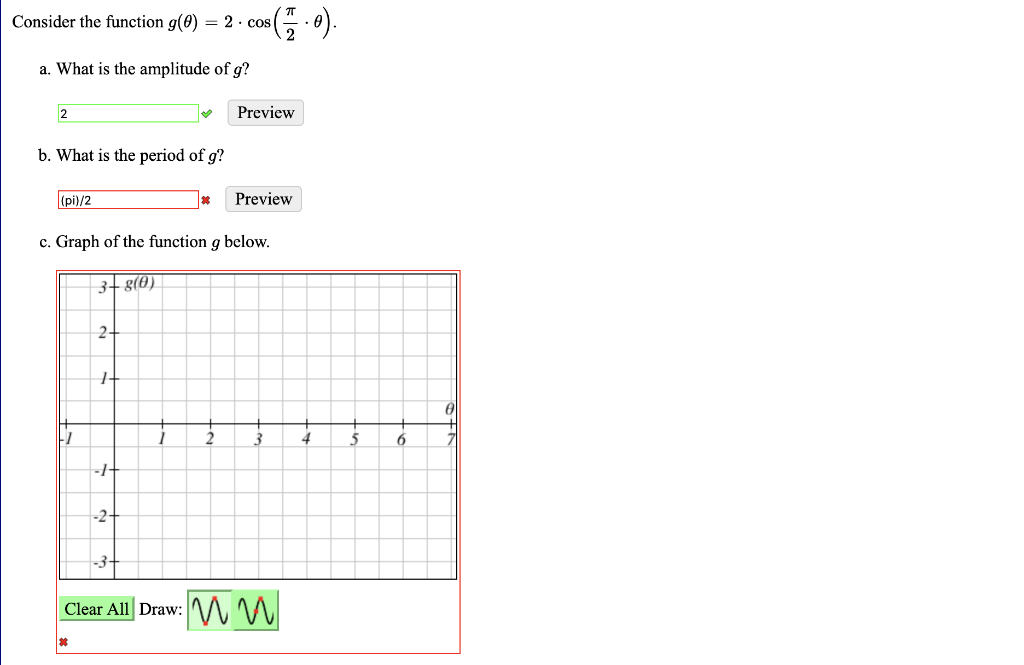



Solved Consider The Function G 0 2 Cos 8 A What Is Chegg Com
Converting these back to real part/imaginary part notation eiπ/4 = cos π 4 isin π 4 = 1 √ 2 i √ 2 and e5iπ/4 = cos 5π 4 isin 5π 4 = − 1 √ 2 − i √ 2 This exercise is part of an interesting subject in mathematics called the nthTherefore, we will leaveWhere sin 2 θ means (sin θ) 2 and cos 2 θ means (cos θ) 2 This can be viewed as a version of the Pythagorean theorem, and follows from the equation x 2 y 2 = 1 for the unit circle This equation can be solved for either the sine or the cosine




Prove Cos Pi 2 Theta Sin Theta Youtube



The Trigonometric Ratios Of Angl
EXAMPLE 2 Evaluate limit lim θ→π/2 cos2(θ) 1−sin(θ) Since at θ = π/2 the denominator of cos2(θ)/(1− sin(θ)) turns to zero, we can not substitute π/2 for θ immediately Instead, we rewrite the expression using sin2(θ)cos2(θ) = 1 lim θ→π/2 1−sin2(θ) 1−sin(θ) = lim θ→π/2 (1−sin(θ))(1sin(θ)) (1−sin(θ))




Show That The Equation Is True Using The Given Diagram Cos Frac Pi 2 Theta Sin Theta Study Com



Inverse Trigonometric Functions Precalculus Ii
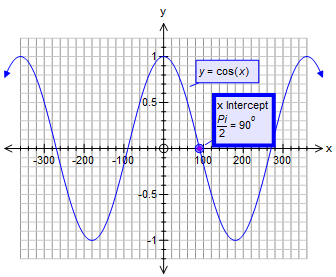



How Do You Find The Value Of Cos Pi 2 Using The Graph Socratic
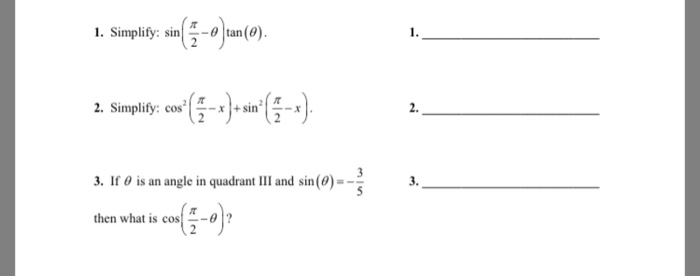



Solved Simplify Sin Pi 2 Theta Tan Theta 1 Chegg Com



Content Graphing The Trigonometric Functions




Graphic Of G 8 P 2 4 Sin 2 8 8 2 1 Cos 8 For 8 0 P 2 Download Scientific Diagram



Lesson The Amazing Unit Circle Trigonometric Identities




Negative Relationship Wikipedia



Biomath Trigonometric Functions



2cos Pi 4 Theta Cos Pi 4 Theta Bored Of Studies
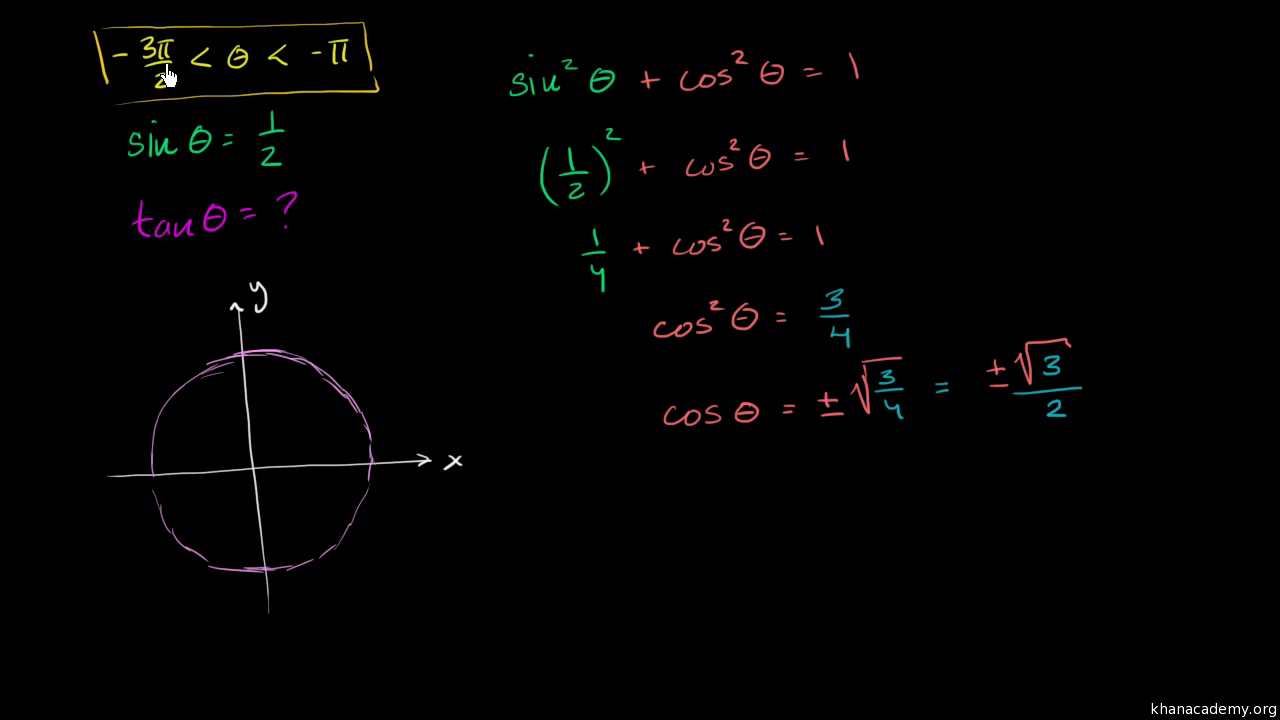



Using The Pythagorean Trig Identity Video Khan Academy



Biomath Trigonometric Functions



M7ae8czsw4qdqm




Given Tantheta 4 3 And Pi Lt Theta Lt 3pi 2 Find Cos2theta Brainly Com




Sin P 2 8 Cos 8 Youtube



Content Graphing The Trigonometric Functions




Please Help Me Urgent Check All That Apply Tan Theta Is Undefin




The Value Of T A Nthetasin Pi 2 Theta Cos Pi 2 Theta Is 1




Trigonometry Trigonometric Analysis Wikiversity




Sin T Cos Pi 2 T Wolfram Demonstrations Project



If Pi 2 8 P And Sin 8 4 5 Find The Exact Value Of Cos8 And Cot8 Socratic




स द ध कर क Cos Pi Theta Cos Theta Sin Pi Theta Cos Pi 2 Theta Cot 2 Theta Youtube



The Trigonometric Ratios Of Angl
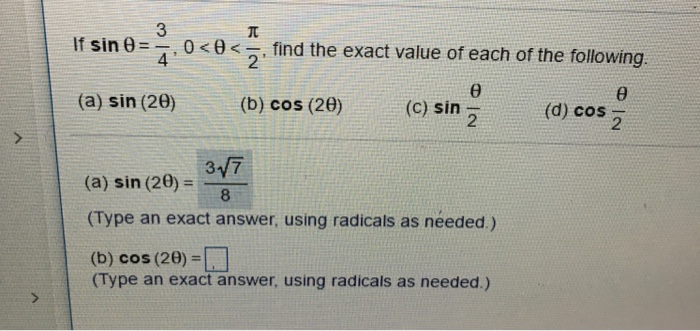



Solved If Sin Theta 3 4 0 Theta Pi 2 Find The Exact Chegg Com



Some Useful Trigonometric Identities
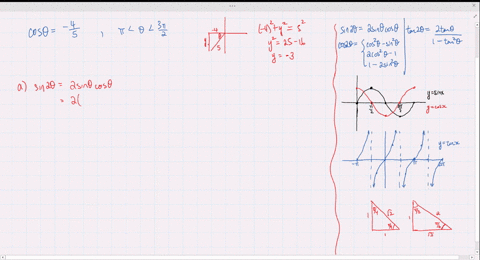



Solved Find The Exact Values Of Sin 2 Theta Cos 2 Theta And Tan 2 Theta Subject To The Given Conditions Sin Theta Frac 2 3 Frac Pi 2 Theta Pi
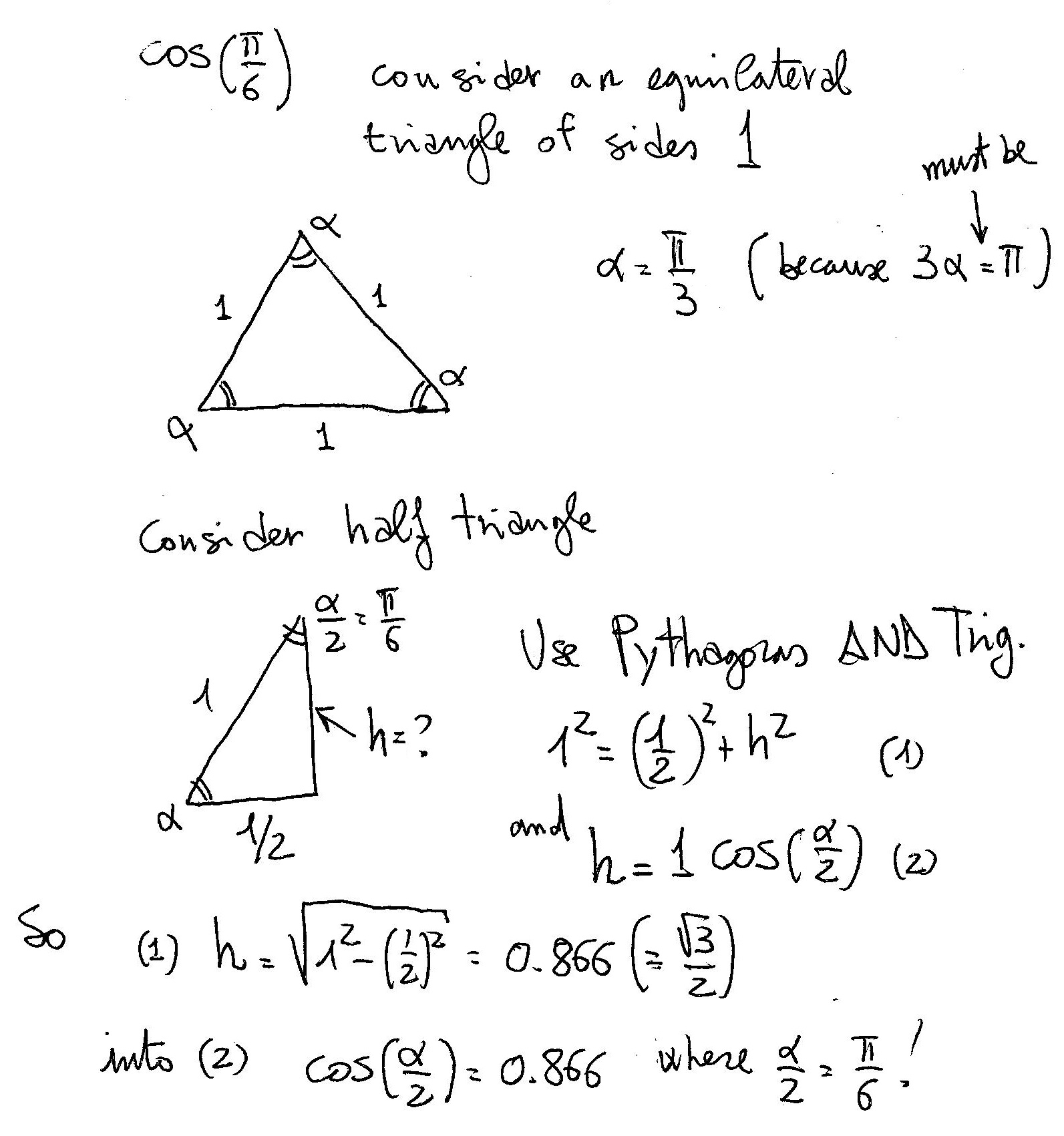



How Do You Find The Exact Value Of Cos Pi 6 Socratic



Sum And Difference Formulas For Sine And Cosine



The Trigonometric Ratios Of Angl
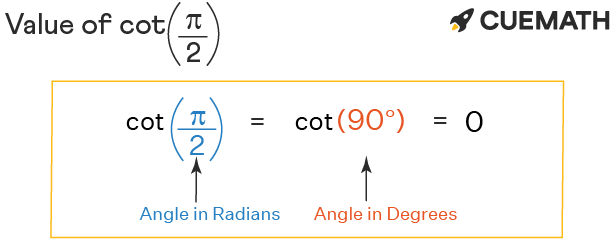



Cot Pi 2 Find Value Of Cot Pi 2 Cot P 2
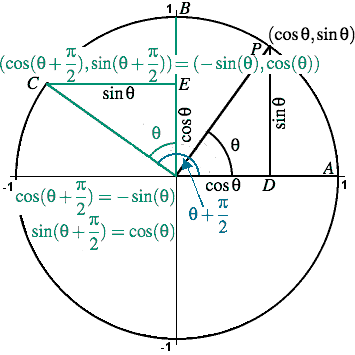



Trigonometry Facts The Amazing Unit Circle




Solved If Sin Theta 1 6 0 Theta Pi 2 Find The Exact Chegg Com




Sum And Difference Formulas Ppt Download



Biomath Trigonometric Functions




Frac Operatorname Cos Pi Theta Operatorname Scholr




Proof Of Sin P 2 8 Cos8 Upto Cosec P 2 8 Sec8 Using Euler S Formula Youtube



If 8 Is An Acute Angle Then Find I Sin P 4 8 2 When Sin 8 1 25 Ii Cos P 4 8 2 When Sin 8 8 9 Sarthaks Econnect Largest Online Education Community




Solved Use Euler S Identity To Show That Cos Theta Pi 2 Chegg Com




Show That Int 0 Pi 2 Sin P Theta Cos Q Theta D Theta Frac Sqrt Frac P 1 2 Sqrt Frac Q 1 2 2 Sqrt Frac P Q 2 2 P Q 1 Mathematics Stack Exchange




If Cos Theta 0 8 Find 1 Sin Pi 2 Theta Brainly Com
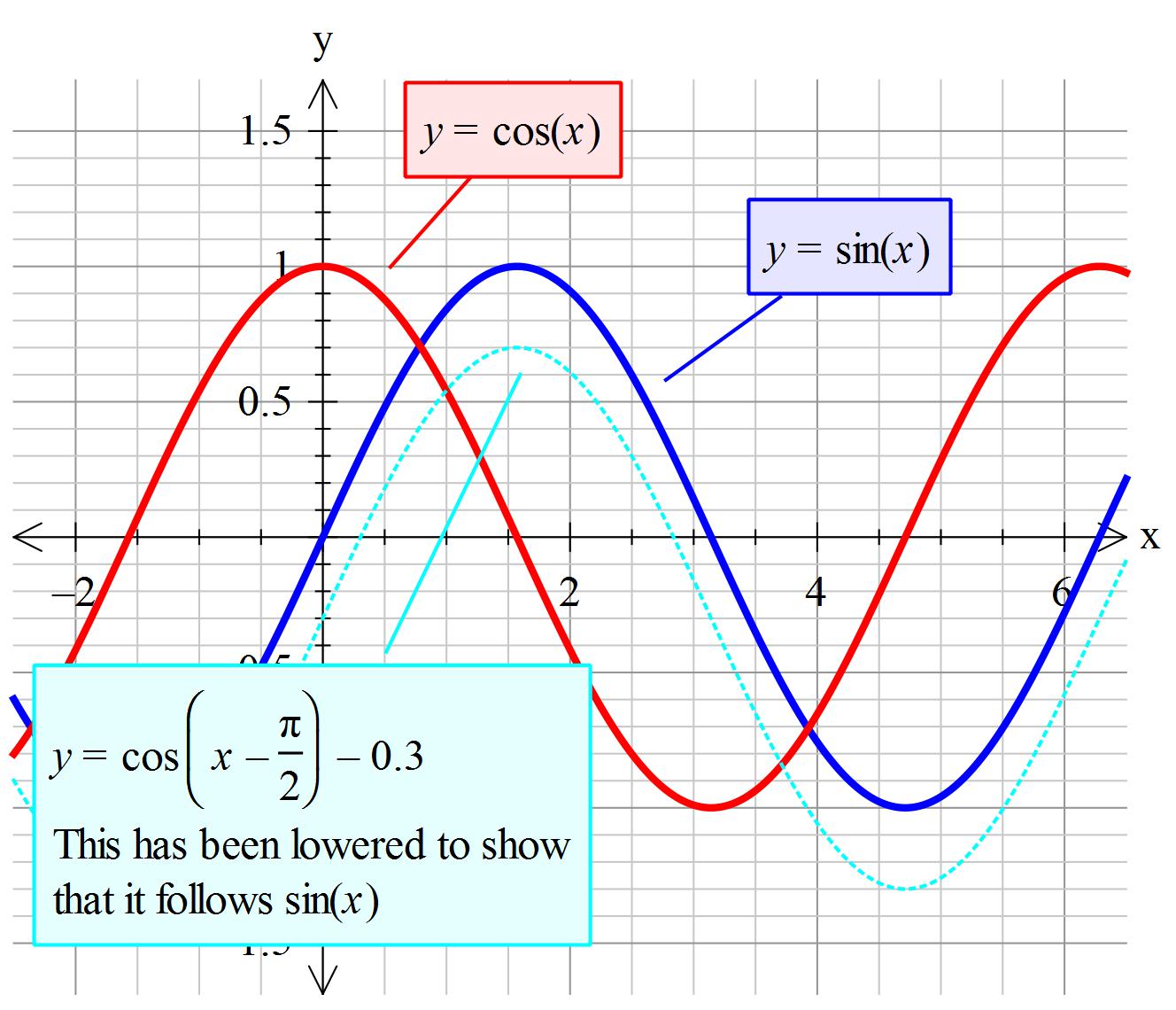



How Do You Prove Cos X Pi 2 Sin X Socratic




Find Cos Pi 2 Theta Cos 3pi 2 Theta Cos 5pi 2 Theta Cos 7pi 2 Theta Upto 21 Terms



The Trigonometric Ratios Of Angl




Prove Cos X Pi 2 Sinx Youtube




Cos 2x Pi 2 1 Solve For Interval 0 Less Theta Less 2pi Youtube




A Thin Insulating Rod Running From Z A To Z A Carries The Indicated Line Charges In Each Case Find The Leading Term In The Multipole Expansion Of The Potential




Solved Cos Pi 2 Theta Sin Theta Chegg Com
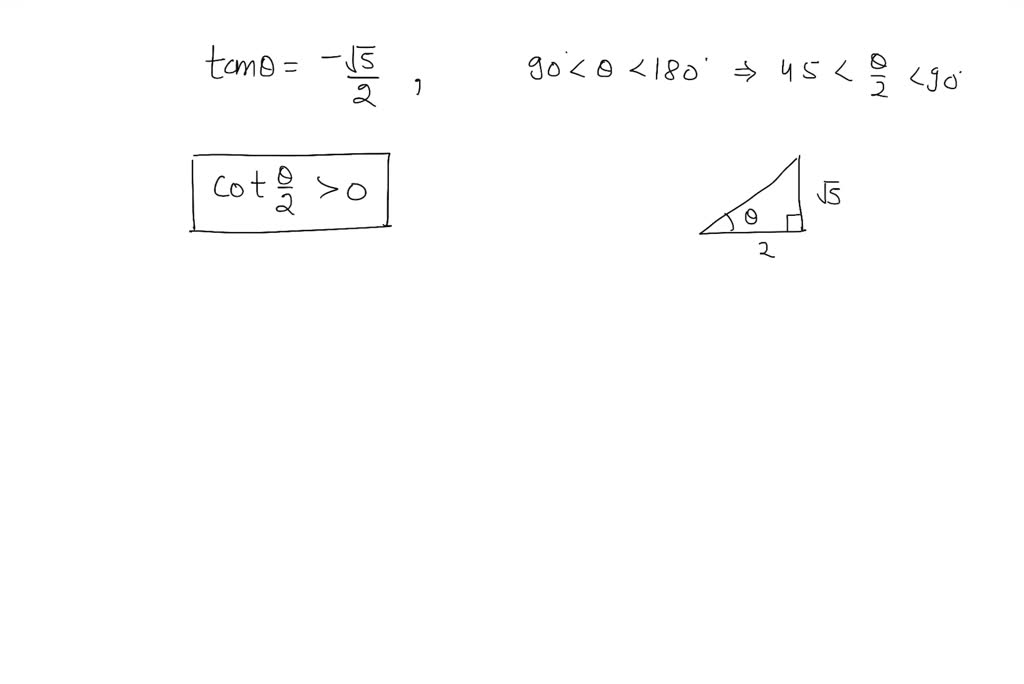



Hei Lister Over Cos Pi 2 Theta Use The Symbolic Pi From Sympy Not The Numeric Pi From Math Or Numpy Modules
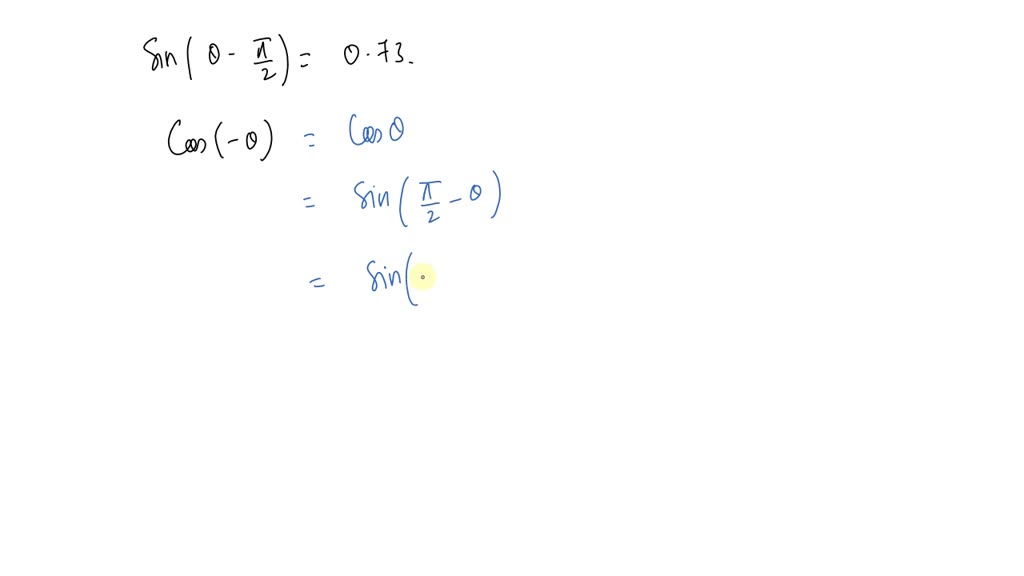



Solved In Exercises 5 8 Use Identities To Find The Value Of The Expression If Sin Theta Pi 2 0 73 Find Cos Theta




Trigonometric Functions Introduction Sine Cosine Videos And Examples




Lim Theta Pi 2 1 S Intheta Pi 2 Theta Costheta Is Equal To A 1 B 1 C 1 2 D 1 2




Trigonometric Functions Of Allied Angles Sin Pi Theta Sin Theta Cos Pi Theta Cos Theta Tan Pi Theta Tan Theta Sin 2 Pi Theta Sin Theta Cos 2 Pi Theta Cos Theta Tan 2 Pi Theta Tan Theta Sin Left Frac 3



The Trigonometric Ratios Of Angl




Trigonometry Trigonometric Analysis Wikiversity



Why Is Math Csc Frac Pi 2 Theta Sec Theta Math Quora



Answer In Analytic Geometry For Sarita Bartwal




Prove That Frac Cos Pi Theta Cos Theta Sin Pi Theta
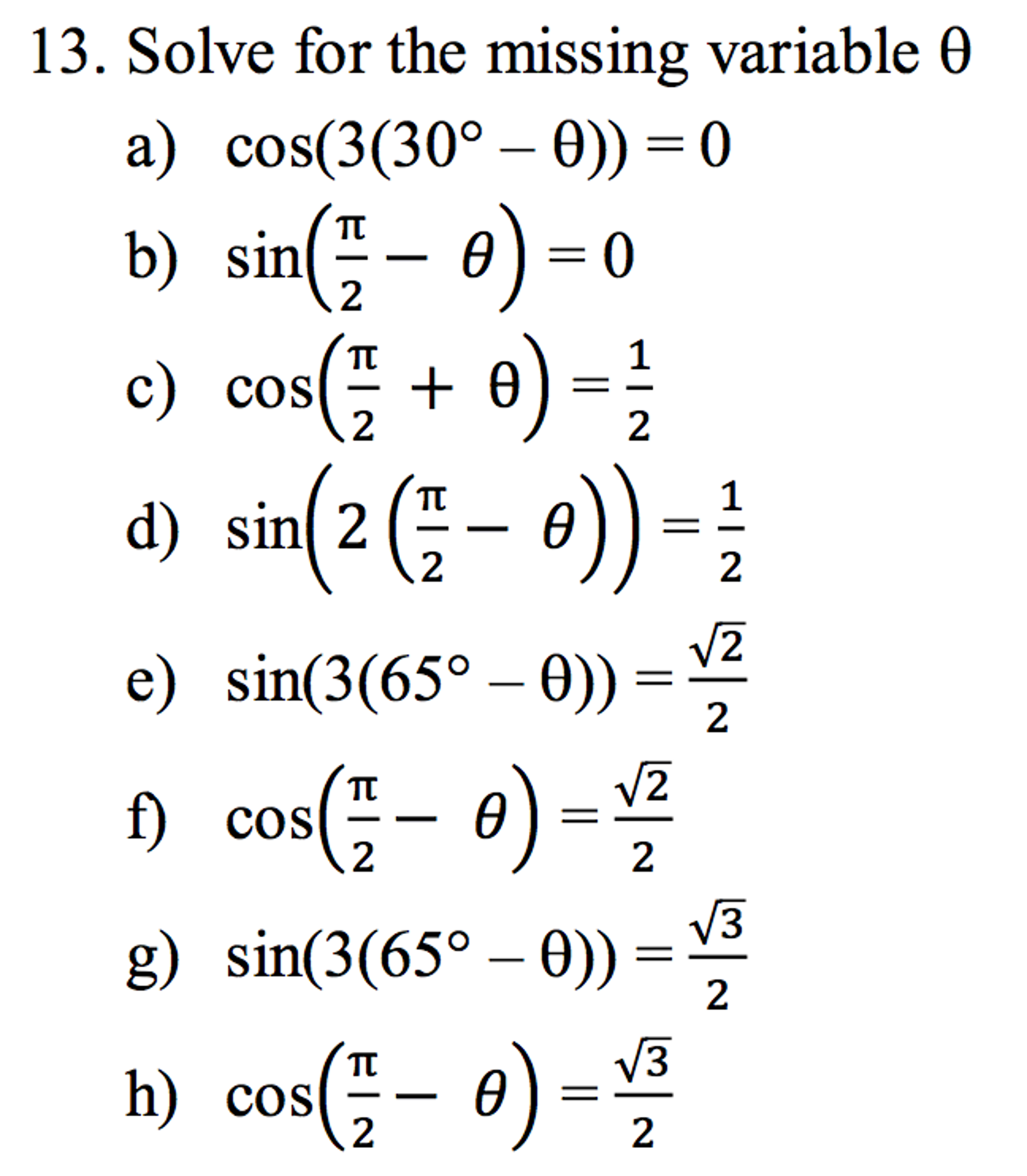



Solved Solve For The Missing Variable Theta Cos 3 30 Degree Chegg Com




Solved Verify The Identity Simplify At Each Step Cos P Chegg Com




What Is The Correct Identity For Cos Pi 2 Theta Brainly Com




Prove Int 0 Pi 2 Int 0 Pi 2 Frac Theta Cot Theta Varphi Cot Varphi Cos Theta Cos Varphi Text D Varphi Text D Theta Pi Ln2 Newbedev



What Is A Brief Explanation Of Cos P 2 X Quora



3
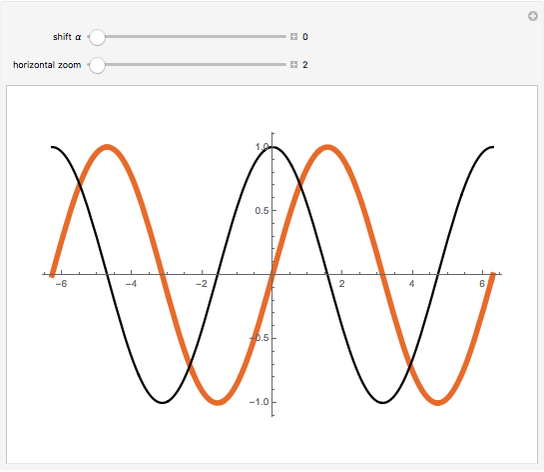



Sin T Cos Pi 2 T Wolfram Demonstrations Project




If Csc Theta 2 06 Find Sec Theta Pi 2 En Ya Guru
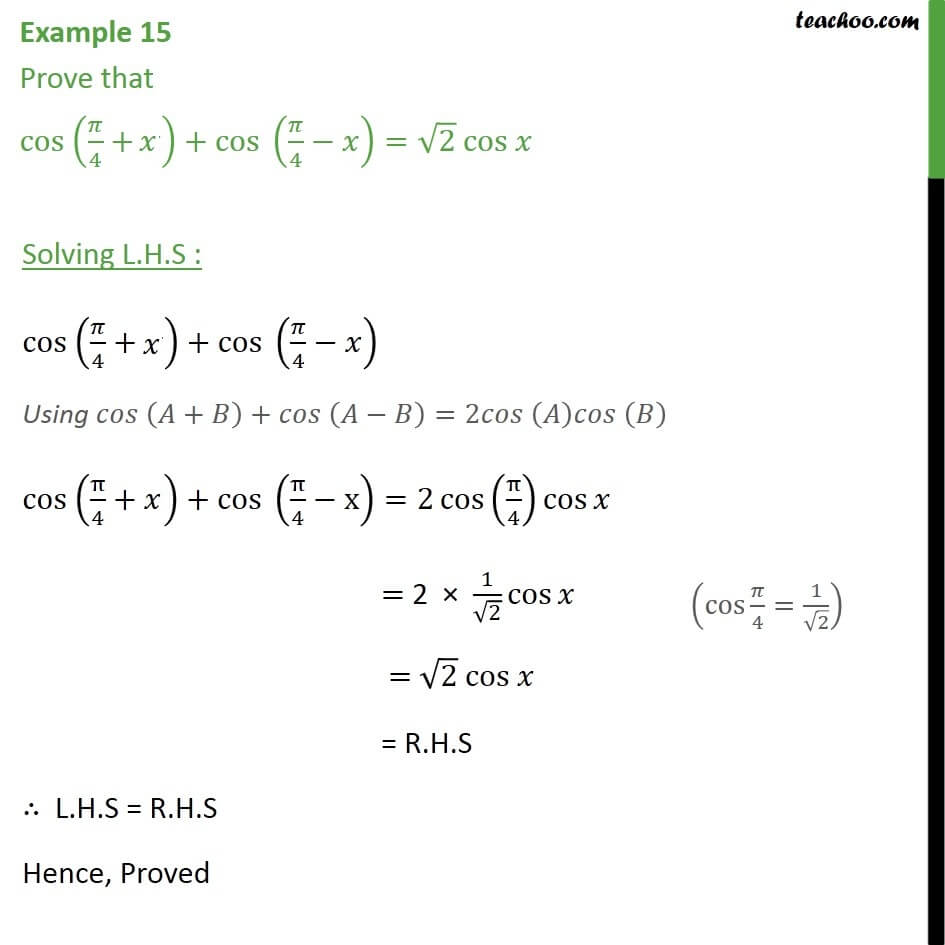



Example 15 Prove Cos Pi 4 X Cos Pi 4 X Root 2 Cos X
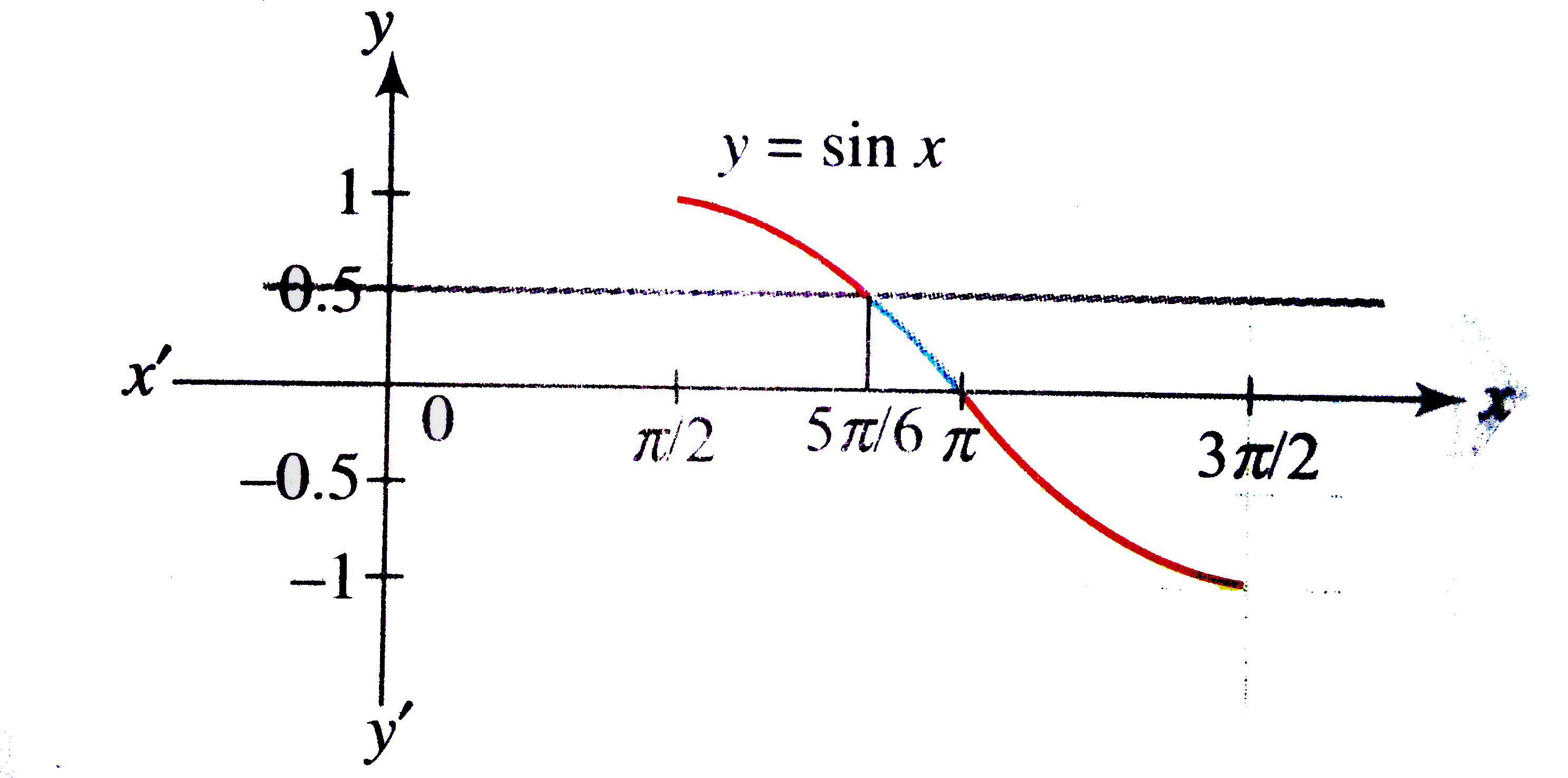



Solve 2 Cos 2 Theta Sin Theta Le 2 Where Pi 2 Le The




Ex 3 3 6 Prove That Cos Pi 4 X Cos Pi 4 Y Chapter 3



1
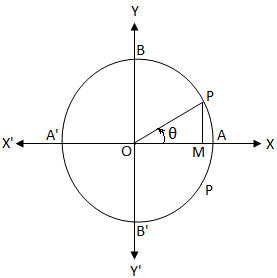



Cos Theta Equals 0 General Solution Of The Equation Cos 8 0 Cos 8 0



Inverse Trigonometric Functions Precalculus Ii




Prove That Cos Pi Theta Cos Theta Cos Pi Theta Cos Pi2 Theta Cottheta



1




Trigonometry Trigonometric Analysis Wikiversity



3




What Is The Area Enclosed By R Theta 2cos Theta Pi 4 Sin 2theta Pi 12 For Theta In Pi 12 Pi Homeworklib



0 件のコメント:
コメントを投稿